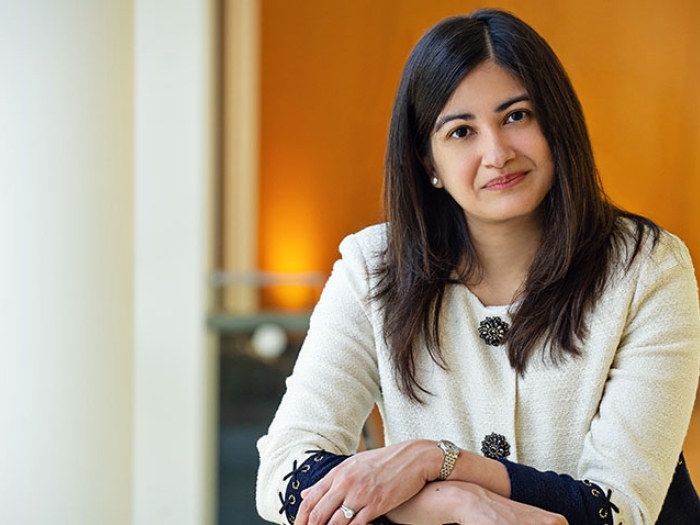Experts propose an ethical obligation for health professionals to intervene when they witness sexual harassment, gender bias.
5:00 PM
Author |

As health care organizations move to create policies and training to eliminate gender bias and harassment, medical ethicists argue that it's not enough.
"Institutional efforts are absolutely essential. However, the sustained culture change that is necessary also requires individual commitment to action when gender bias or sexual harassment is observed," says Reshma Jagsi, M.D., D.Phil., director of the Center for Bioethics and Social Sciences in Medicine at the University of Michigan.
Jagsi and Michelle M. Mello, J.D., Ph.D., from Stanford University, co-authored a perspective published in the New England Journal of Medicine that outlines the ethical obligation of individuals to practice "upstanding," or intervening as bystanders, in response to sexual harassment or gender bias.
By framing gender bias as an ethical issue, individuals may feel more compelled to speak up, the authors say. This is especially important because many instances of bias or harassment may not rise to the level of an institutional investigation.
We simply cannot, as individual professionals, stand by without intervening when we observe this behavior.Reshma Jagsi, M.D., D.Phil
The authors compare it to mandatory reporting when individuals witness a medical professional who appears physically impaired due to substance misuse. Jagsi notes several parallels, including that the offender may be in a more powerful position as well as the discomfort that people feel intervening.
"We have recognized the duty to protect patients from impaired physicians to be so strong that we expect one another to intervene, and we have accepted that we must do so if we observe such a situation," says Jagsi, Newman Family Professor and deputy chair of radiation oncology at Michigan Medicine.
SEE ALSO: Women in Medicine Say #MeToo, Report 'Appalling' Experiences
The authors note that many professional medical ethics codes address reporting impaired physicians but language around sexual harassment focuses on complying with institutional policies, with little to no expectation for responding to inappropriate behavior.
"In the case of sexual harassment or gender bias, observers may feel that the harm is somehow less profound than that which might be caused by an impaired physician," Jagsi says. "But the evidence is strong that sexual harassment and gender bias compromise the ability of our profession to care for patients optimally, not to mention the impact they have on our colleagues' own health."
MORE FROM THE LAB: Subscribe to our weekly newsletter
Jagsi and Mello note that upstanding is not always easy but that it can be learned. They offer suggested actions and language, ranging from pulling someone away from an inappropriate situation to calling out the perpetrator.
Regarding combating harassment and bias as a personal ethical obligation and not just an institutional responsibility, they say, will help achieve true culture change.
"Gender bias demonstrates a lack of respect for those within our profession, and can cause important consequences," Jagsi says. "We simply cannot, as individual professionals, stand by without intervening when we observe this behavior. Standing up is a matter of professional ethics and has to be recognized as such."
Paper cited: "Standing Up against Gender Bias and Harassment — A Matter of Professional Ethics," New England Journal of Medicine. DOI: 10.1056/NEJMp1915351
Like Podcasts? Add the Michigan Medicine News Break to your Alexa-enabled device or subscribe for updates on iTunes, Google Play and Stitcher.

Explore a variety of healthcare news & stories by visiting the Health Lab home page for more articles.

Department of Communication at Michigan Medicine
Want top health & research news weekly? Sign up for Health Lab’s newsletters today!





